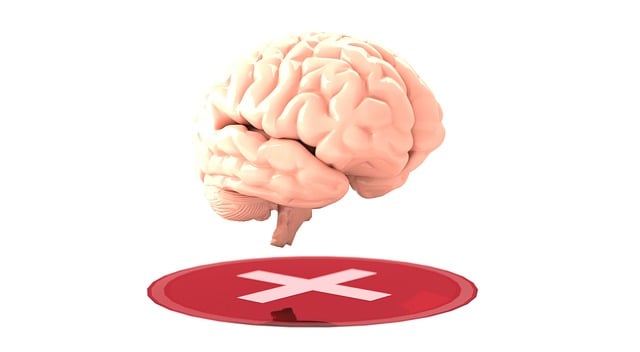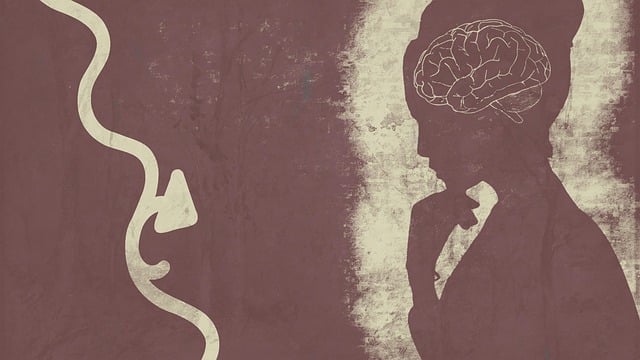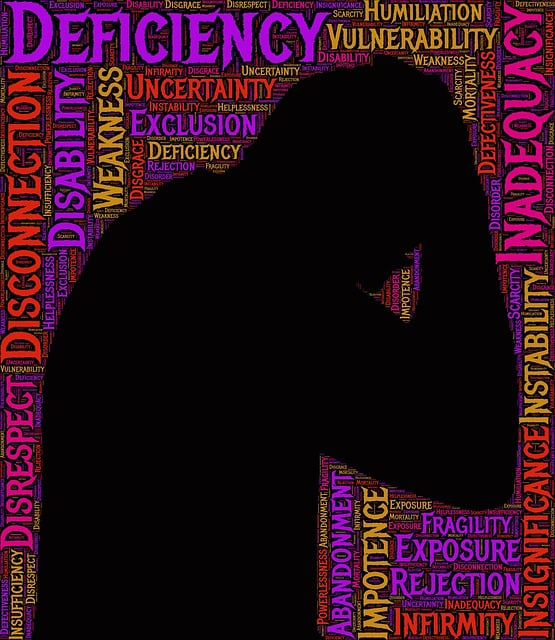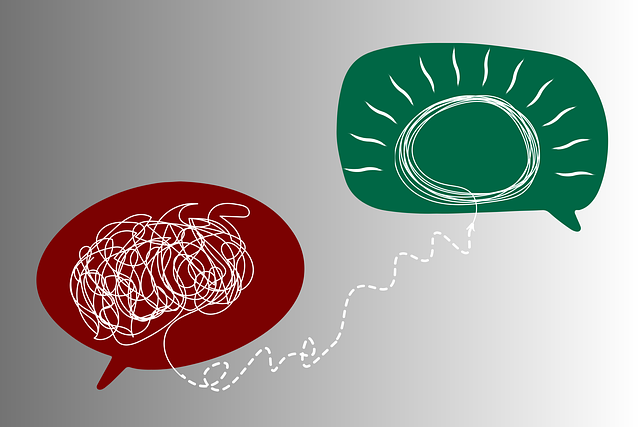The media's portrayal of mental illness, especially in cases like therapy for young children struggling with sexual addiction, significantly shapes public understanding. Accurate and nuanced depictions can reduce stigma, encourage support, and foster inclusivity. However, current media representations often oversimplify and sensationalize complex issues, deterring help-seeking behaviors. There is a pressing need for sensitive storytelling that considers biological, psychological, and social factors. By advocating for empathetic media coverage and accessible therapy tailored to young children with sexual addiction, we can drive positive mental wellness outcomes and reduce stigma.
“The media’s influence on mental health perception is profound, especially regarding sexual addiction. This article delves into the current state of this issue, highlighting how media portrayal often perpetuates stigma and misconceptions. We explore the impact on young children affected by sexual addiction, emphasizing the need for sensitive representation in media and accessible therapy options.
By understanding the challenges, we propose effective solutions to foster positive change, ensuring better support for vulnerable individuals and challenging societal norms.”
- Understanding the Impact of Media Portrayal on Mental Health Perception
- The Current State: How Media Often Perpetuates Stigma and Misconceptions About Sexual Addiction
- Effective Solutions: Promoting Positive Change Through Sensitized Media Representation and Accessible Therapy for Young Children Affected by Sexual Addiction
Understanding the Impact of Media Portrayal on Mental Health Perception

The media’s portrayal of mental illness significantly influences public perception and understanding of various psychological conditions. This is especially true for young audiences who are impressionable and may internalize what they see. When depicted accurately, media content can raise awareness, reduce stigma, and encourage conversations around mental health. However, stereotypical or inaccurate representations can further marginalize individuals with mental illnesses. For instance, showing therapy for young children struggling with sexual addiction in a negative light might discourage them from seeking help, exacerbating the existing challenges they face.
Cultural sensitivity in mental healthcare practice is paramount to ensuring that diverse communities feel represented and understood. The media plays a pivotal role in shaping these perceptions, making it crucial to advocate for accurate and nuanced storytelling. Self-awareness exercises can empower individuals to recognize harmful stereotypes and promote positive change. By challenging prevalent narratives, the media can contribute to Mental Illness Stigma Reduction Efforts, fostering a more inclusive and supportive society.
The Current State: How Media Often Perpetuates Stigma and Misconceptions About Sexual Addiction

Media representation plays a significant role in shaping public perception about mental illness, especially sensitive topics like sexual addiction. Unfortunately, current portrayals often reinforce stigma and misconceptions, contributing to the marginalization of those struggling with this condition. The media’s tendency to sensationalize and oversimplify complex issues can lead to inaccurate stereotypes, creating a barrier for individuals seeking help.
For instance, the depiction of sexual addiction in films or television shows frequently portrays it as an extreme, uncontrollable behavior, often linked to deviant or criminal personalities. Such representations fail to capture the nuances of this mental health challenge and overlook the fact that addiction is a complex interplay of biological, psychological, and social factors. This can discourage vulnerable individuals from coming forward and seeking appropriate treatment, such as therapy for young children with sexual addiction, and lead to a lack of understanding among the general public. Therefore, there is an urgent need for more accurate and empathetic media portrayal to facilitate mental illness stigma reduction efforts, including risk assessment strategies for mental health professionals, and boost confidence in those facing these challenges.
Effective Solutions: Promoting Positive Change Through Sensitized Media Representation and Accessible Therapy for Young Children Affected by Sexual Addiction

In addressing mental illness representation in media, one of the most effective solutions lies in promoting positive change through sensitized media portrayal and accessible therapy for young children affected by sexual addiction. Media has a significant impact on shaping societal perceptions, and depicting characters grappling with this issue in a nuanced manner can foster understanding and reduce stigma. This includes showcasing recovery stories, highlighting coping skills development, and providing trauma support services. Such representations can inspire hope and encourage young viewers to seek help if needed.
Moreover, ensuring accessible therapy for these vulnerable children is paramount. Therapy for young children with sexual addiction should be tailored to their age and developmental stage, focusing on depression prevention and building resilience. By integrating evidence-based therapeutic approaches, we can empower these children to process their experiences healthily, develop coping skills, and navigate their emotional journeys effectively. This multifaceted approach—driven by sensitive media representation and quality therapy—is pivotal in promoting mental wellness and positive growth among young individuals affected by sexual addiction.
Media representation plays a pivotal role in shaping societal perceptions of mental health, especially regarding sensitive issues like sexual addiction. By highlighting accessible therapy options for young children affected by this condition and promoting more nuanced storytelling, we can challenge existing stigmas and foster understanding. It is through these positive changes in media portrayal that we can create a more inclusive and supportive environment for those struggling with mental health challenges. Implementing these solutions encourages a future where therapy for young children with sexual addiction is readily available and free from the barriers of stigma and misconception.














